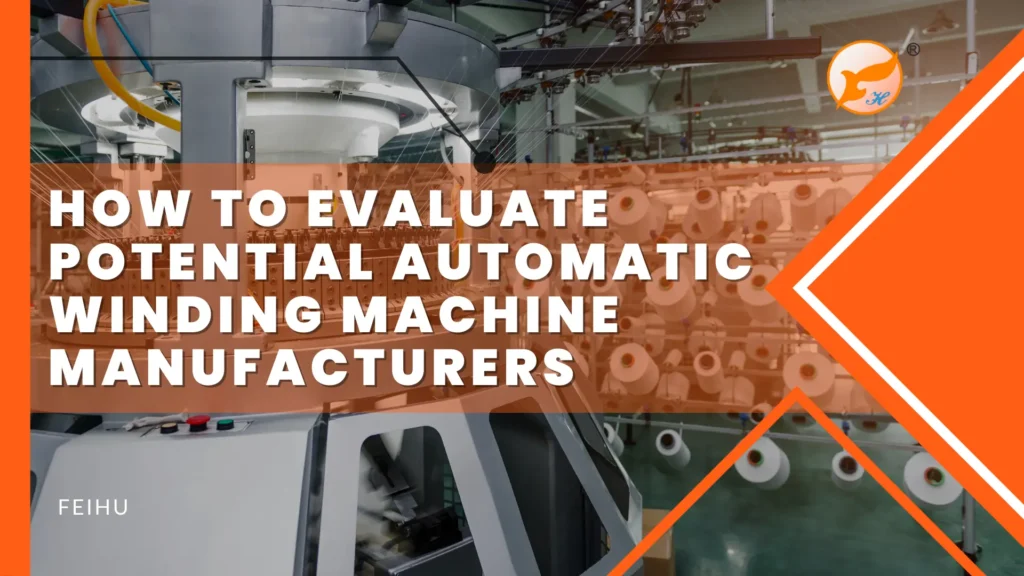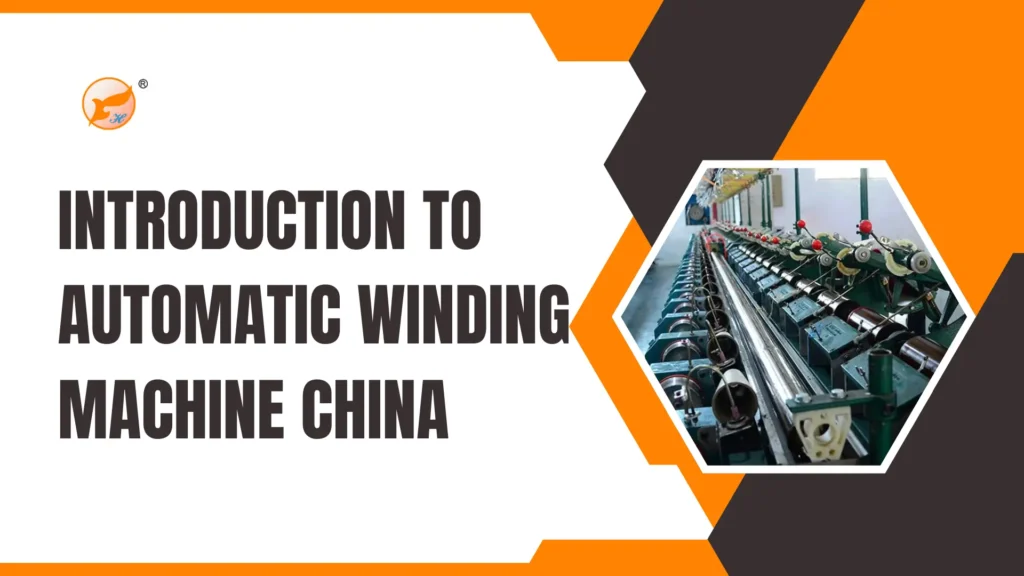Selecting the perfect manufacturer for automated winding machinery is pivotal. Success of production procedures hinges on this. A dependable manufacturer gives quality equipment. They also help in boosting operational efficacy and product standard. Automated winding apparatus are crucial in many sectors. This include textiles electronics and automotive. It is therefore very necessary to fathom how to single out the greatest supplier for specific needs.
Learn More:
Ultimate Guide to Selecting an Automatic Winding Machine Manufacturer
Understanding Your Needs
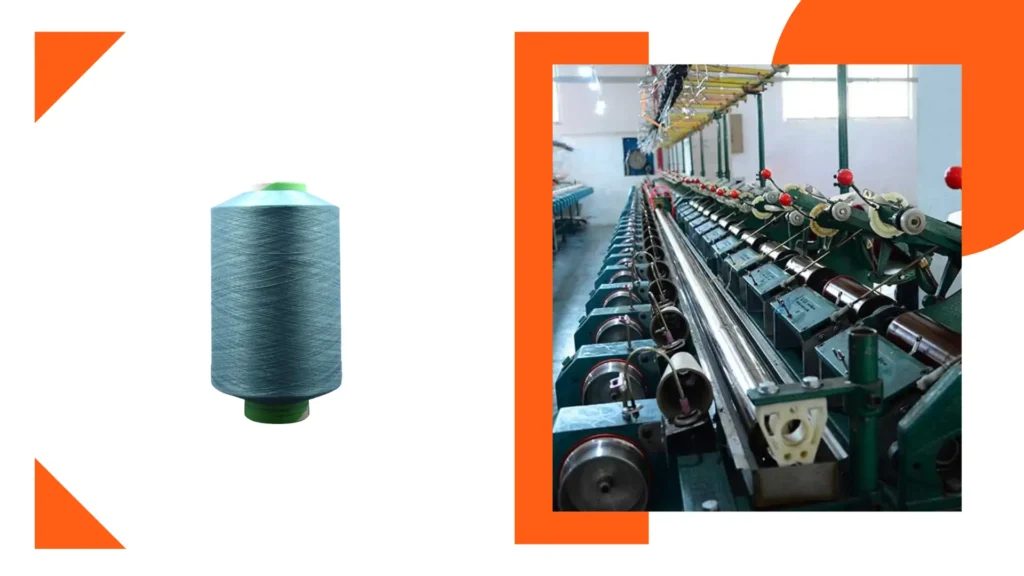
Define Your Production Requirements
Commence with determining specific objectives of your production. Think about the outputs you will need. You might need high-speed machines for large production. Or you might need slower, precise models for specialized tasks. Document these needs. It can be the base for your discussions with manufacturers.
Consider the Types of Materials You’ll Be Winding
Materials you plan on working with can sway your machine choice. Different materials such as copper wire, polyester yarn or plastic filament may need distinct winding techniques. This can lead to different machine features. Make list of materials you plan to use. This way you can validate the suitability of potential machines.
Evaluate the Scale of Your Operations
Evaluate if your current or future operations will require small-scale production. Or they will demand high-capacity machinery for larger manufacturing needs. This evaluation can aid you in picking manufacturers. Manufacturers that are experts in machines designed for your operational scale. This way you make sure you are investing in the correct equipment.
Researching Manufacturers
Look for Industry Experience
A manufacturer with vast experience in winding machine industry is apt to hold a deeper grasp of technology. Additionally they usually understand market trends well. Study their background. Find out how long they have been in business. Also look into any significant projects they have completed. Proven manufacturers often have successful track records. They often have well-known reputations.
Check for Customer Reviews and Testimonials
The opinions of customers are an impactful tool. They help assess manufacturer’s reliability. They also gauge quality. Hunting for reviews on independent platforms is crucial. It’s also important to explore industry forums or social media. Doing so will provide insights from other clients.
Positive testimonials can indicate trustworthiness. They can show that a manufacturer delivers as promised. Negative feedback can help. It points out potential pitfalls may be there.
Assessing Quality Standards
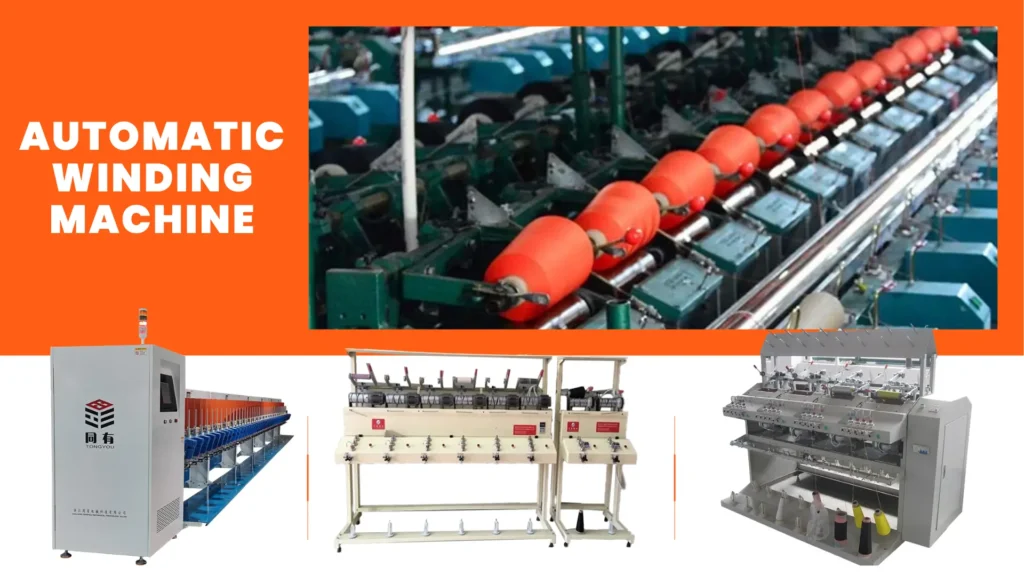
Inquire About Certifications
Check Certifications from the Manufacturers. Making sure potential manufacturers follow acknowledged industry standards is crucial. Inquire about these certifications. Certifications such as ISO or CE markings. These indicate compliance with quality. They also indicate aligning with safety regulations. Certifications like these demonstrate commitment. A commitment to keeping high standards in their products.
Explore the Manufacturing Process
Knowing a manufacture’s production process can give insight. It tells us about the quality of their machines. Ask about the materials they use. Ask about the technologies they apply. Also inquire about any unique methodologies they include in their process. Often a transparent manufacturing process links with high-quality output.
Review Quality Control Measures
A robust quality control system is crucial. It ensures each machine aligns with the required standards. Ask about their testing procedures and quality checks during production. Manufacturers who enforce stringent quality control measures have higher chances. They are more likely to provide trustworthy and effective machines.
Understand Warranty and Support Policies
A full-fledged warranty and support policy can defend your investment. Clarify what falls under the warranty including the period and any limitations. Understanding the available support for repairs and maintenance gives peace of mind. It also ensures you are never without aid when issues appear.
Evaluating Technology and Innovation
Importance of Modern Technology
Technology in automatic winding machines significantly influences their performance. It also impacts their efficiency. Always search for manufacturers. Seek ones that use the newest advancements. These advancements are in automation and control systems. The modern machines usually provide better precision. They offer higher speed and are more user-friendly. As a result, they enhance production capabilities.
Ask About Their R&D Capabilities
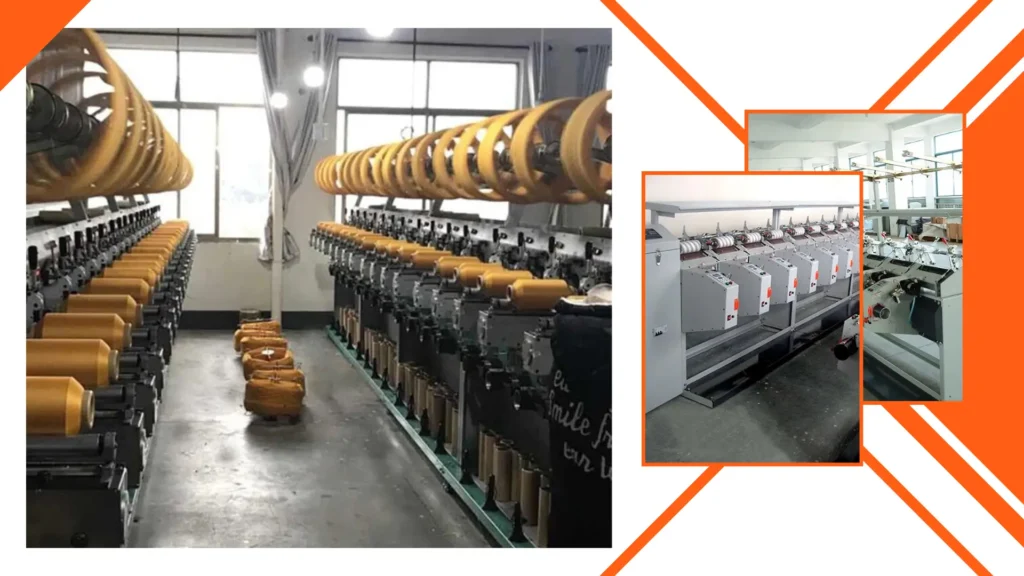
Manufacturers who give priority to research and development are more likely to innovate. They continuously improve their products. Ask about their R&D initiatives. Ask about the way they collect feedback. Inquire about their method to incorporate changes.
A firm commitment to innovation can lead to better machine designs. This approach can help to develop features that cater to the evolving market needs.
Customer Support and Service
Evaluate After-Sales Service
Assess After-Sales Service. For continual productivity it is crucial to have reliable after-sales service. Potential manufacturers should be queried about the nature of their support post-purchase. This includes installation. It also includes training and maintenance. A team that is responsive to service issues can assist in maximizing machine performance. It can reduce downtime as well.
Importance of Technical Support
Technical problems can arise anytime thus having access to quality technical support is vital. Confirm that the producer provides comprehensive support for problem-solving and maintenance. Availability of spare parts matters. So does the rate of service response. These are significant factors to keep in mind.
Cost Considerations
Compare Pricing Structures
Want to make an informed call? Gather quotes from numerous manufacturers. Ensure you are comparing similar models and features. This will give you an accurate price picture. A clear understanding of pricing landscape is key. It aids in identifying competitive offers.
Understand the Total Cost of Ownership
Look past the initial price it’s about total cost of ownership here. It includes maintenance. It also includes energy consumption and likely downtime. Lower upfront cost could end in higher long-term expenses. It occurs when machine needs frequent repairs or has high operational costs.
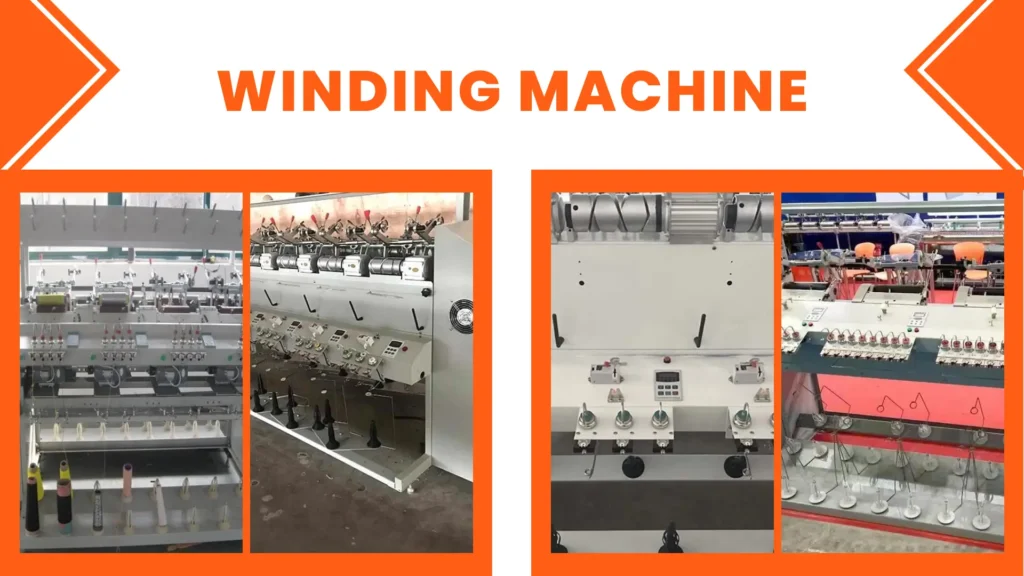
Assess Potential for Return on Investment
Evaluate how the machine can impact your overall productivity and profitability. Consider factors such as increased output quality, reduced labor costs, and improved efficiency. A higher initial investment may be justified if it leads to significant long-term gains.
Consider Financing Options Available
Some manufacturers offer financing plans to make purchasing easier. Explore these options, as they can help you manage your budget more effectively and enable you to acquire the necessary equipment without straining your financial resources.
Conclusion
In summary, evaluating potential automatic winding machine manufacturers involves a comprehensive approach that includes understanding your needs, researching manufacturers, assessing quality standards, and considering costs. By following these steps, you can make an informed decision that aligns with your operational goals and leads to successful production outcomes. Take your time, do your due diligence, and choose a manufacturer that you can trust to support your business needs. This careful evaluation will help ensure that you invest in a machine that meets your requirements and contributes positively to your operations.
